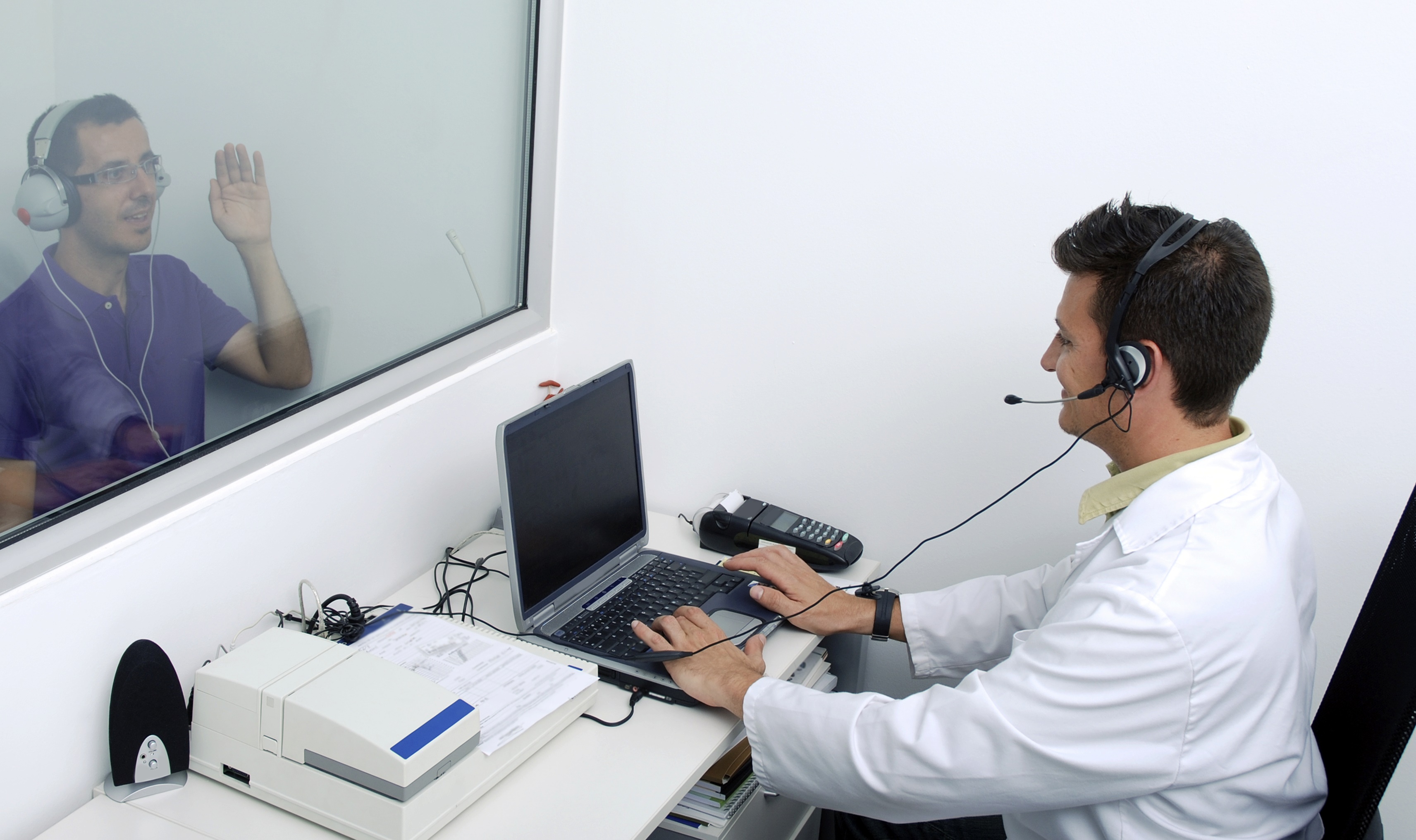
Congratulations on taking the initial step toward better hearing by booking your hearing assessment. You’re already ahead of the game, as a large number of people delay getting a hearing test for many years—in some instances decades.
But now that you’ve scheduled your hearing test, you’ll want to be certain that you’re well prepared for the consultation, particularly if test results reveal that you could benefit from hearing aids. Purchasing hearing aids can be confusing, but if you ask the right questions, your hearing care professional can help guide you to the most suitable technology.
To achieve the best hearing possible, remember to ask these five questions at your upcoming hearing test.
1. What type of hearing loss do I have?
Your hearing care professional will test your hearing using the most current technology, and the results of the test will be printed on a graph known as an audiogram. Ensure that your hearing professional reviews the audiogram with you and discusses:
- The form and degree of your hearing loss. High-frequency hearing loss is most common, and is further classified as mild, moderate, severe, or profound.
- How hearing aids will help, and if and why you’d require hearing aids for one or both ears. Hearing loss in both ears is ideally addressed with two hearing aids, and the audiogram will show the results for both ears.
2. Which hearing aid is best for my needs?
Every patient’s hearing loss and hearing requirements are unique. The more your hearing professional knows about your way of life, the better they can prescribe the suitable technology.
If you’re highly active, for example, you might consider the most up-to-date hearing aid technology with wireless capabilities. If you don’t require all of the special features, on the other hand, a more affordable alternative is likely a better fit.
3. What are my options for financing?
Next up is everyone’s least favorite topic—price. Although you should keep in mind that the benefits of hearing aids far outweigh the cost (the monthly expense in most instances being less than the cable TV bill), the price can still seem high.
A number of financing options are available that can help you cover the expense, although not all options are available to every patient. Nevertheless, you should talk to your hearing professional regarding some of these options:
- private insurance (rare but worth inquiring about)
- Medicare and Medicaid
- VA benefits
- charitable organizations
- state programs
- financing options (special healthcare credit arrangements)
4. How can I best adapt to my new hearing aids?
After you’ve decided upon your ideal hearing aids and have had them professionally fit, you can go home and immediately hear perfectly without any problems, correct?
Not exactly. As with anything new, you’ll need to have some time to adjust. You’ll be experiencing sounds you haven’t heard in a long while, your voice may sound unusual, and the fit may feel strange. This is perfectly common and expected, and will take care of itself in a short amount of time. You just have to be patient.
Ensure that your hearing professional offers guidelines on how to best adjust to your hearing aids, including how to control them and how to master the features.
5. How do I maintain my hearing aids?
Hearing aids are cutting-edge and dependable devices that should operate reliably for many years. Still, they do require regular cleaning and care. Talk to your hearing professional about cleaning kits and procedures, storage solutions, accessories, and battery management.
Additionally, it’s a good idea to have your hearing practitioner professionally clean your hearing aids a few times a year.
As you start preparing for your hearing test, keep in mind that achieving the best outcome requires:
- understanding your hearing loss
- coordinating your hearing loss and lifestyle to the right technology
- finding an affordable solution based on your budget
- professionally fitting and programming your new hearing aids
- adapting to and taking care of your hearing aids
With the support of your local hearing care professional—and by asking the right questions—you can ensure the best results and a lifetime of healthier hearing.